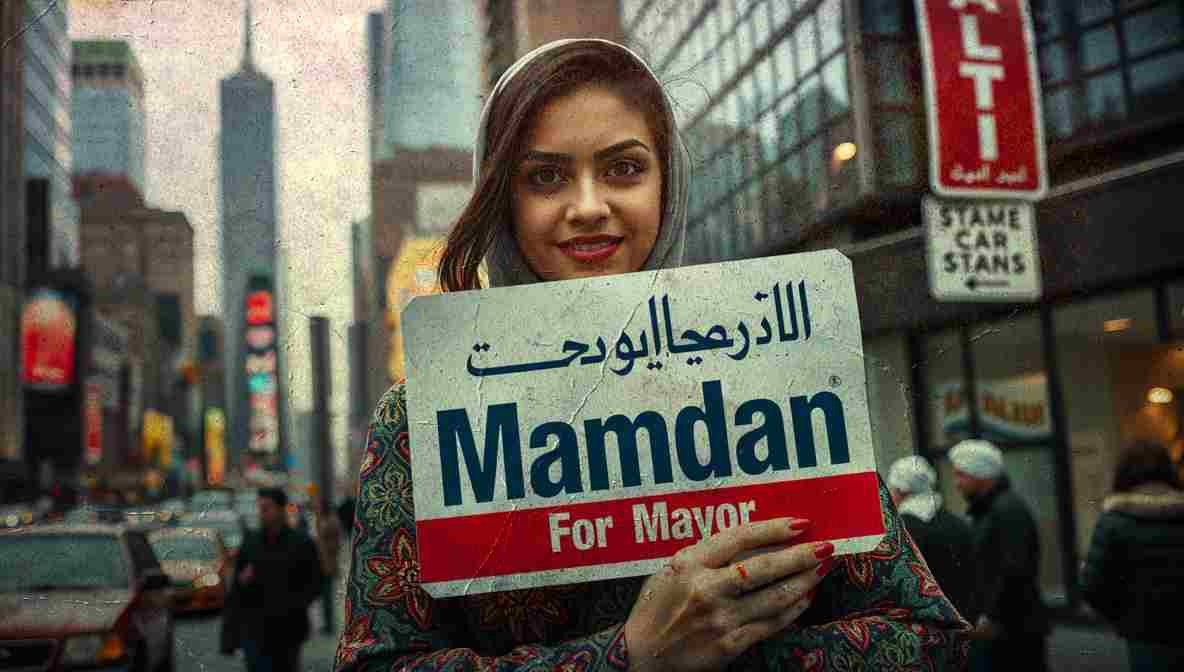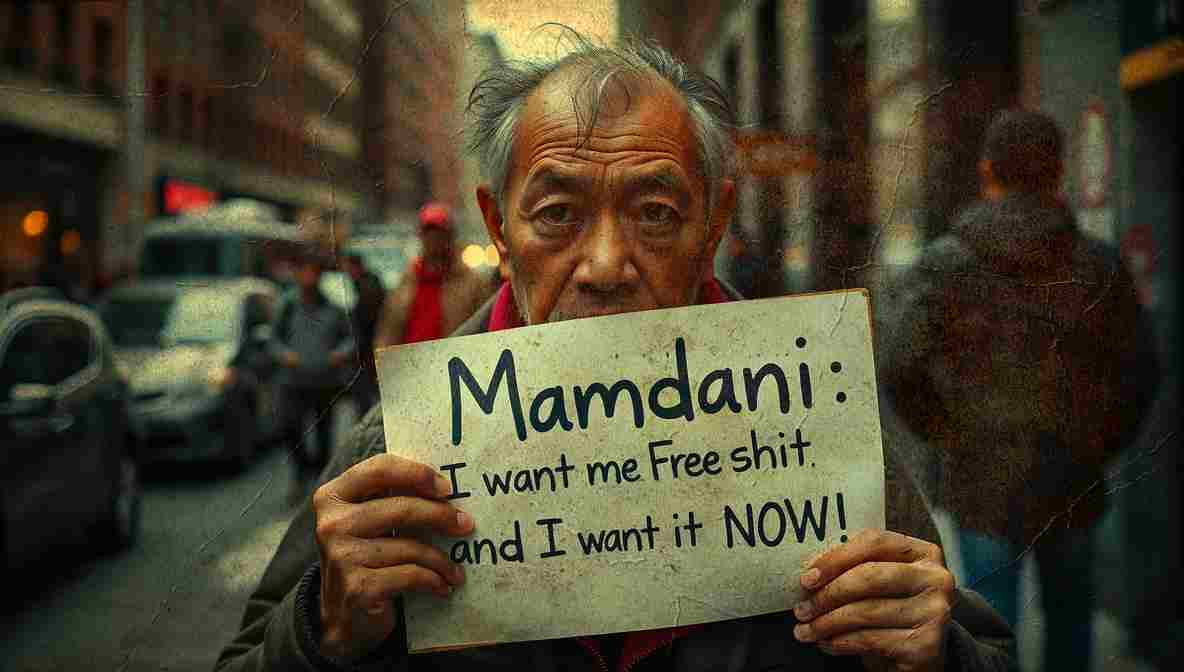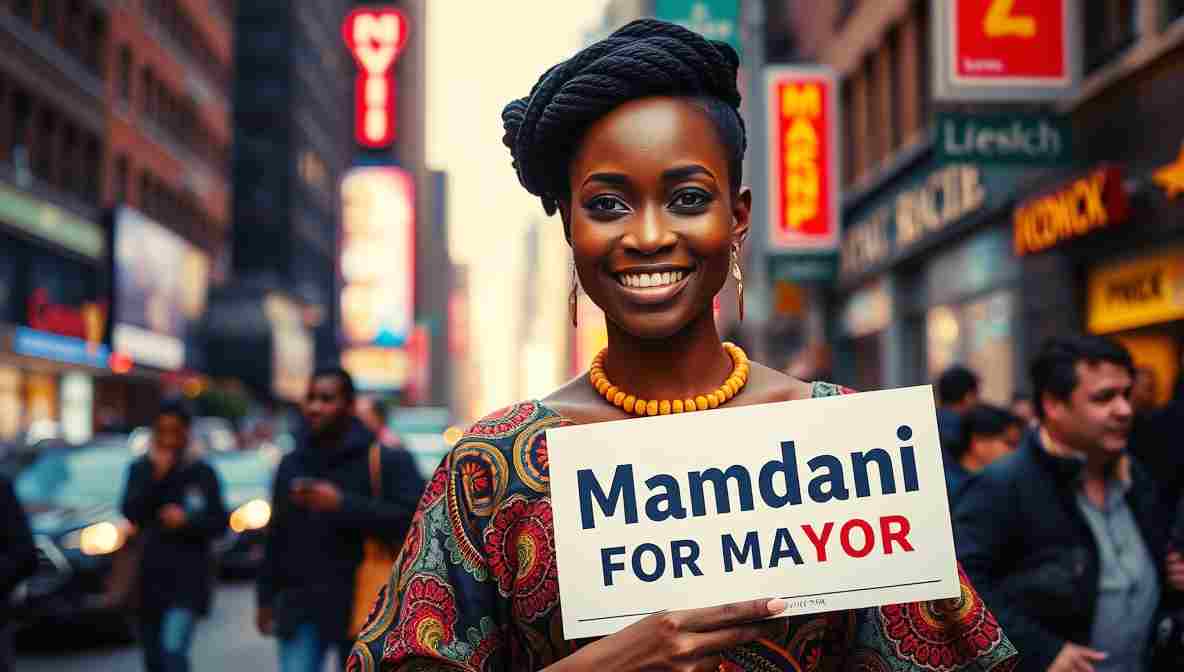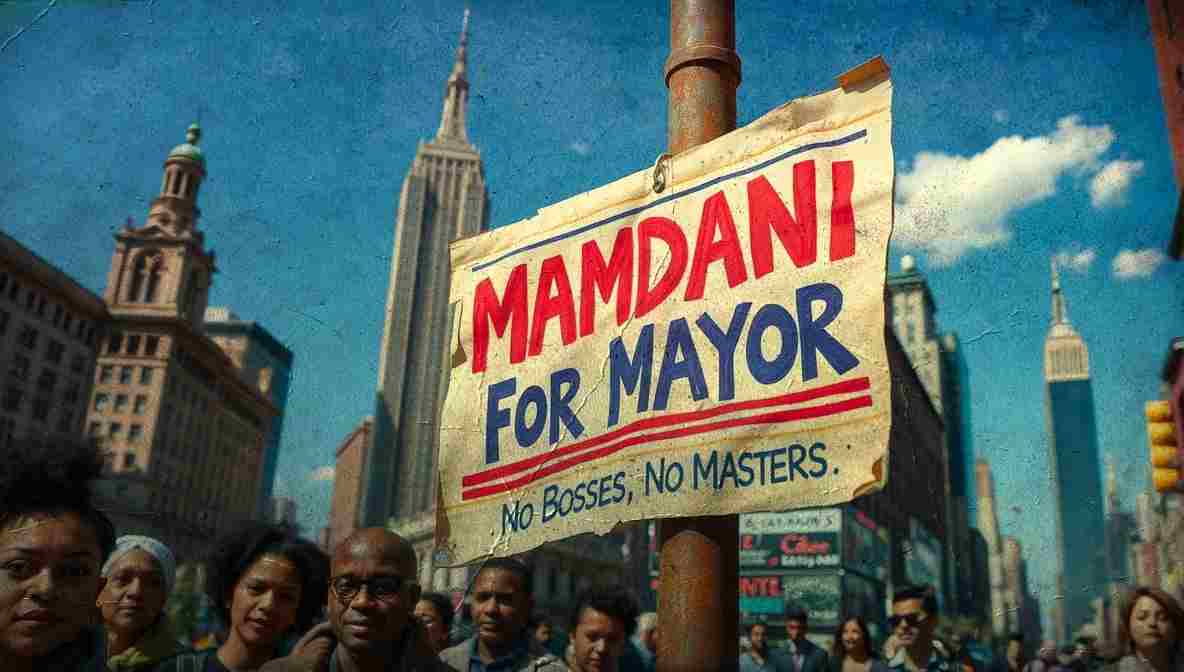European Outlets Analyze Democratic Socialist’s Victory as Global Political Signal
Zohran Mamdani’s election as New York City mayor attracted substantial international media coverage, with outlets worldwide analyzing his victory as potentially signaling broader political shifts in the United States and Western democracies. Le Monde (https://www.lemonde.fr/en/international/article/2025/11/05/zohran-mamdani-elected-new-york-mayor-following-astonishing-rise_6747122_4.html), France’s newspaper of record, described Mamdani’s “astonishing rise” and examined what his election might mean for American and international progressive politics. European media outlets showed particular interest in Mamdani’s democratic socialist politics, which align more closely with European social democratic traditions than with traditional American political ideology. Commentators in the UK, France, Germany, and Scandinavia noted that many of Mamdani’s policy proposalsincluding universal healthcare, strong social safety nets, and robust worker protectionsrepresent mainstream positions in their countries rather than the controversial proposals they’re considered in American politics. The Guardian’s extensive coverage throughout the campaign, including their article (https://www.theguardian.com/commentisfree/2025/oct/28/zohran-mamdani-democratic-party) arguing that “Zohran Mamdani represents the future of the Democratic party,” reflected British progressive interest in American left politics. UK commentators drew comparisons between Mamdani’s campaign and the Labour Party’s left wing, examining whether similar political movements could succeed in both countries. International coverage frequently contextualized Mamdani’s victory within broader trends of rising economic inequality, housing unaffordability, and youth disillusionment with centrist politics. Analysts noted that cities across Western democracies face similar challenges that Mamdani’s campaign addressed, including gentrification, inadequate affordable housing, and tensions between economic growth and equitable development. Some international observers viewed Mamdani’s election as evidence that American politics might be shifting leftward on economic issues, potentially narrowing ideological differences between the United States and other wealthy democracies. They noted that public support for policies like universal healthcare, affordable housing, and stronger labor protections has increased substantially among younger Americans. However, other international commentators cautioned against reading too much into a single municipal election. They noted that American political institutions, including the Electoral College, Senate structure, and campaign finance systems, create significant obstacles for progressive candidates in national elections even if they can win in diverse urban areas like New York City. Middle Eastern media outlets, including Al Jazeera (https://www.aljazeera.com/news/2025/6/26/mamdanis-new-york-victory-boosts-pro-palestine-politics-in-us), focused particularly on Mamdani’s positions regarding Palestinian rights and how his victory might affect American discourse on Israel-Palestine issues. These outlets analyzed whether his election signaled changing American attitudes toward the conflict and Middle Eastern policy more broadly. International coverage also examined Mamdani’s identity as the son of Ugandan-Indian immigrants and what his election represented regarding American diversity and immigrant political participation. Some commentators highlighted his victory as evidence that the American Dream remained accessible to immigrant families, while others noted the irony of an immigrant-background candidate winning while advocating for policies that challenge American capitalism’s fundamental structures. European social democratic parties expressed interest in Mamdani’s campaign strategies and messaging, viewing his success as potentially offering lessons for center-left parties struggling with working-class electoral support. Representatives from parties in the Party of European Socialists contacted Mamdani’s campaign to learn about organizing strategies and policy communication approaches. The international attention reflected New York City’s global significance as a financial, cultural, and media center. Municipal elections in America’s largest city naturally attract international interest, but Mamdani’s victory generated unusually extensive coverage due to his ideological profile and the potential implications observers perceived for broader political trends. Some American commentators worried that excessive international attention, particularly from left-leaning European media, could reinforce Republican attacks characterizing Mamdani as foreign or un-American. However, the campaign largely embraced international interest as validation that their issues resonated globally and reflected universal challenges facing major cities worldwide. Academic institutions internationally began examining Mamdani’s campaign as a case study in progressive politics, urban governance, and social movement electoral strategy. Universities in Europe, Canada, and elsewhere incorporated his election into courses on comparative politics, urban studies, and democratic socialism. As Mamdani assumes office, international observers will continue monitoring his administration to assess whether his policy agenda can be successfully implemented and whether his electoral model proves replicable in other contexts. His mayoralty may influence progressive politics internationally depending on his governance outcomes and policy achievements. The substantial international coverage of Mamdani’s election illustrates how local American politics can resonate globally, particularly when they engage with issues and ideologies that transcend national boundaries. Understanding this international dimension provides important context for comprehending his campaign’s significance and potential broader implications.



